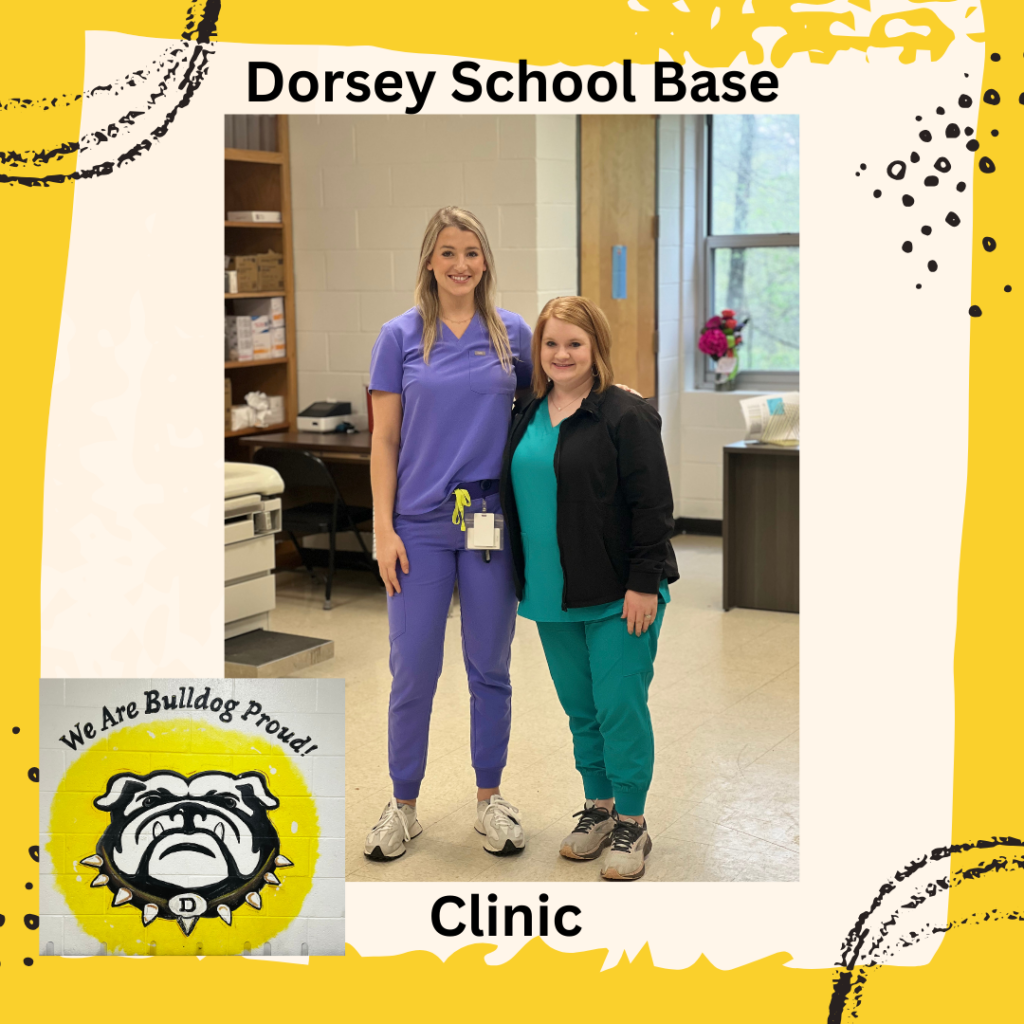
When the Coronavirus emerged in the United States earlier this year and even as cases soared in March, the CDC did not recommend average Americans wear a face mask. They made this recommendation due to a short supply of N95 and surgical face masks which were needed by medical personnel on the frontlines of the pandemic. In early April, however, the CDC did an about-face and suggested all Americans wear a face mask when in public.
Medical grade face masks continue to be in short supply, and we encourage our patients and community members to reserve those masks for medical personnel. While homemade face masks aren’t ideal, they are a better option than heading to the grocery store without a face mask at all. We want our patients to be safe and healthy, which starts with having good information. Here’s how you can protect yourself best from the spread of COVID-19.
- Stay home except for essential travel to pick up groceries or prescriptions, attend a doctor’s appointment, or go to work at an essential business.
- Keep six-feet from other people when you must go out. Social distancing reduces the risks you’ll be hit by virus-infected spray if someone near you coughs or sneezes or talks to you.
- Wash your hands. Wash your hands. Wash your hands. Wash with soap and water frequently, especially if you must go out. Use hand sanitizer if soap and water are not convenient.
- Don’t touch your face. The virus spreads when it enters your body through your mouth or nose. If you have the virus on your hands, you’ll ingest it when you touch your face.
- Wear a mask if you must go out in public.
How Masks Protect You
They don’t. Masks you wear aren’t for your protection they are for the protection of those around you. Research shows that some people may spread the virus up to 48 hours (2 days) before they show symptoms. Another 25% of people who have the virus show no symptoms at all. Wearing a mask keeps you from spreading a virus you don’t know you have to other people by catching the droplets of virus-laden spit as it escapes your mouth when you talk or cough.
Masks protect you when everyone else wears one.
They may also protect all us by becoming an ever-present reminder of our current pandemic. Seeing others wearing a mask reminds us to keep six feet away from others and to be aware of our personal hygiene.
Best Material for Your Homemade Face Masks
Nothing protects as well as medical-grade masks, but the average American doesn’t need a medical-grade mask, so we’re looking for suitable alternatives. After all, some protection is better than no protection at all. Research testing the best materials for homemade face masks studied breathability and filtration of multiple materials. The test found cotton material like bedsheets or T-shirts made the best masks.
Not all material is made equal. Researchers suggest holding material up to a bright light. If you can see through the material it’s not thick enough. You may also want to double up the material and/or add a coffee filter to the inside.
The CDC offers several mask patterns for both seamstresses and those of us who can barely thread a needle. Other mask patterns may be found across the internet.
Dangers of Homemade Face Masks
Masks only catch a certain amount of virus particles. They aren’t a fail-safe option. If we cling to our mask as our only protection and relax other measures we risk a rise in infection rates. We must continue to stay home as much as possible, especially if we are sick. And we have to keep washing our hands, stop touching our faces, and keep maintaining our distance from other people.
Homemade masks can become a breeding ground for bacteria and viruses, including the Coronavirus. If your mask catches the virus spray, then you touch the outside of the mask, the virus is now on your hands. To make cloth masks more effective, they need to be washed after every use and changed out if they become wet during use. Remove the mask from your face by the ear bands or strings. Throw disposable masks away after one use and put reusable masks in the wash.
Have you made homemade masks? Show us a picture in the comments.






Speak Your Mind